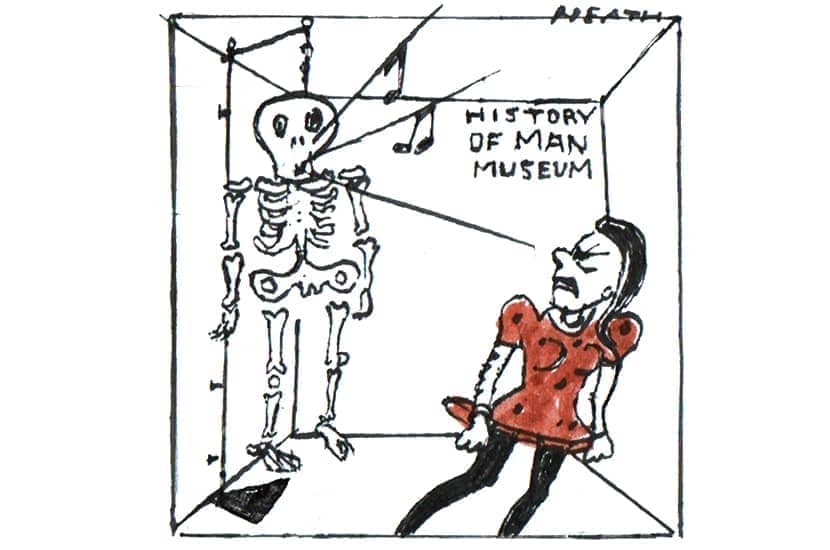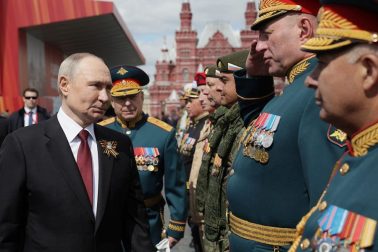There was, at least until recently, an old sign round the back of the Savoy banning whistling by staff or tradesmen. Whistling, it seems, can wind up some people. Winston Churchill hated the practice. Posters were put up in the War Rooms forbidding it. One day, on his way to Downing Street, he heard a paperboy whistling and sharply told him to stop it at once.

Disagree with half of it, enjoy reading all of it
TRY A MONTH FREE
Our magazine articles are for subscribers only. Try a month of Britain’s best writing, absolutely free.
Already a subscriber? Log in






Comments
Join the debate, free for a month
Be part of the conversation with other Spectator readers by getting your first month free.
UNLOCK ACCESS Try a month freeAlready a subscriber? Log in